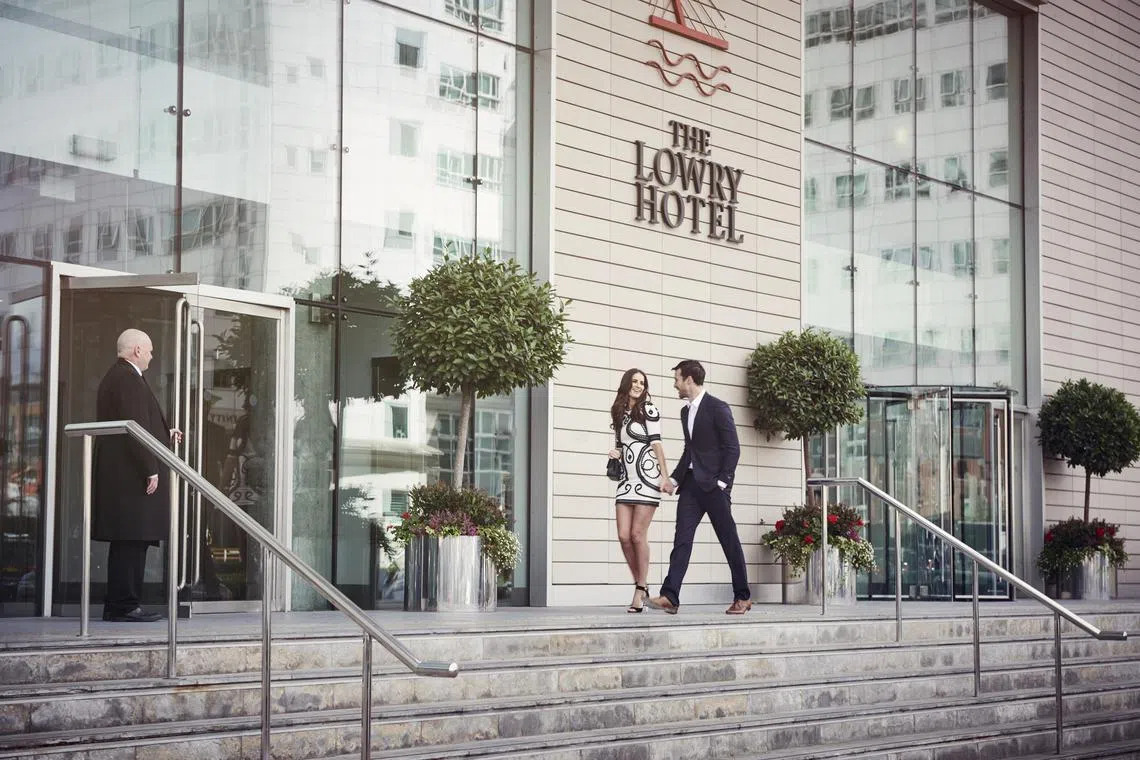Manchester imposes tourist tax, visitors to pay additional $1.60 a night
Sign up now: Get ST's newsletters delivered to your inbox

The Lowry Hotel in Manchester. Manchester is the first city in the United Kingdom to launch a tourist tax for visitors.
PHOTO: COURTESY OF CDL HOSPITALITY TRUST
Visitors will now have to pay a fee to stay in Manchester – the first city in the United Kingdom to launch a tourist tax for visitors.
From April 1, all visitors will have to pay an extra £1 (S$1.60) per room per night for their accommodation costs.
Branded the City Visitor Charge, the fee comes after the formation of the Manchester Accommodation Business Improvement District (Abid), and the funds raised will be used to “improve the visitor experience” and “support future growth of the visitor economy” over the next five years, reported The Guardian.
This includes funding large events, conferences, festivals, marketing campaigns and improving street cleanliness, reported BBC.
Manchester City Council’s chief executive Joanne Roney said that the initiative would raise £3 million a year, creating new events and activities for visitors.
She added that the money would help support the city’s accommodation sector, “to protect and create jobs and benefiting the city’s economy as a whole”.
Some 73 hotels and serviced flats signed up to the levy scheme, which has been introduced ahead of a planned expansion of the hotel and holiday sector in the city.
Ms Annie Brown, chair of the Manchester Abid, said the move would help create “a more sustainable and thriving sector, helping to bring visitors from around the world to experience the best of what Manchester and Salford have to offer”.
She said that the accommodation sector in and around Manchester was growing rapidly, with almost 6,000 new bedrooms to be created over the next few years.
“The goal of the Manchester Abid is simple – we need to increase overnight stays in line with that growth so that hotels and serviced apartments in the city can continue to thrive,” she said.
UK Hospitality chief executive Kate Nicholls warned that “essential funds are ring-fenced for spend within the sector and are not funding matters covered by general taxation”.
She said hospitality businesses already paid a high level of tax, funding vital public services and tourism and while Abids can have a role to fund local marketing and promotional activities, there must be “comprehensive local support and significant engagement with the business community before it is implemented”.
“UK Hospitality has been consistent that levies that are punitive, deter visitors or are incorrectly targeted are ineffective and should be avoided at all costs,” she added.



